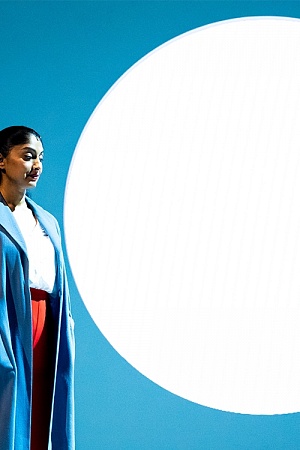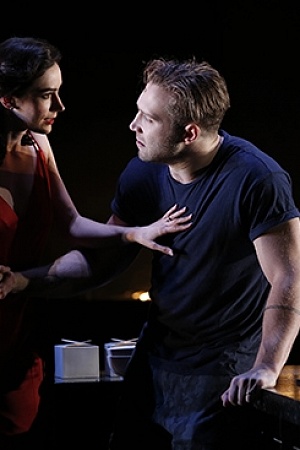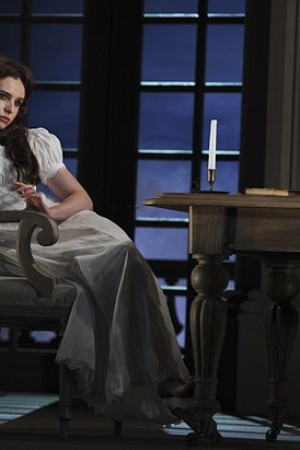Macbeth (an undoing)
.jpg)
Feminist reimaginings of canonical male-authored texts are nothing new. In fact, following innumerable retellings of the Greek myths, the trend may have peaked last year with the publication of novels spotlighting the marginalised female characters of, among others, Nineteen Eighty-Four (both Katherine Bradley’s The Sisterhood and Sandra Newman’s Julia), Arthurian legend (Sophie Keetch’s Morgan Is My Name), and Romeo and Juliet (Natasha Solomons’s Fair Rosaline).
Continue reading for only $10 per month. Subscribe and gain full access to Australian Book Review. Already a subscriber? Sign in. If you need assistance, feel free to contact us.











Comment (1)
Leave a comment
If you are an ABR subscriber, you will need to sign in to post a comment.
If you have forgotten your sign in details, or if you receive an error message when trying to submit your comment, please email your comment (and the name of the article to which it relates) to ABR Comments. We will review your comment and, subject to approval, we will post it under your name.
Please note that all comments must be approved by ABR and comply with our Terms & Conditions.